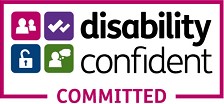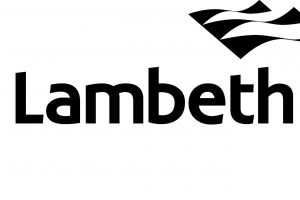Starts: 6 Jan 2025
This online course is the second and final module of our GCSE Maths Higher Tier learning programme, which starts in term 1 with Module 1 Stepping Up to GCSE Maths Higher Intensive Hybrid. It is an intensive, fast-paced accredited module that prepares you for the Pearson Edexcel GCSE (9-1) Mathematics Higher Tier exam. You will learn specific mathematical techniques with an emphasis on solving real-world problems. Please note: this course is fully funded only for students who have not previously achieved an A-C / 4-5 grade in GCSE Maths.









